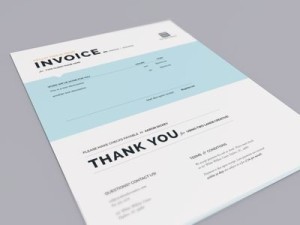 I just returned from a trip to Texas that made me feel really good about what we do – helping businesses grow and creating good jobs that help families and communities, through a genuine public-private partnership.
I just returned from a trip to Texas that made me feel really good about what we do – helping businesses grow and creating good jobs that help families and communities, through a genuine public-private partnership.
An existing client of ours, a manufacturer of aviation fuel systems, was approached by the economic development board of a small Texas city. The idea was for our client to relocate or at least open an additional facility there. The Texas community was prepared to provide approximately $800,000 from a municipal development fund for our client to buy specialized equipment for a vacant factory that had been identified by the city, and the state was going to provide some job training money.
This company is blessed with a very significant sales backlog, ample purchase orders and account receivables, but even after all of this government aid, the company needed additional funds to help finish the buildout of the factory and pay for various minor immediate needs. In addition, once the operation was ready to start producing, the company needed additional working capital for payroll, raw materials and to otherwise permit it to grow into its order backlog.
Helping a client meet some of these needs would be difficult for most factoring firms and asset-based lenders, because most factoring firms this size are very highly leveraged, which means that they cannot deviate from their own lender’s risk formulas in order to temporarily help out their client. On the other hand, Plus Funding is part of a family office, so we are much better capitalized than many of our competitors, with a deeper reservoir of capital. Therefore, we can be more flexible to help our client meet its immediate needs through over-advance allowances, an incremental term loan and other financial tools. This is what we did in this case, and what we have done for numerous other manufacturing clients, subcontractors, and minority and small business government set-aside program vendors.
In three months this company has already hired twenty employees for their new Texas plant, and we fully expect that number to top one hundred workers by year-end. These are fair-pay industrial manufacturing jobs, and the workers, community and company are all appreciative for their new relationship with one another. And we appreciate the part we are able to play in this story.
During this hyperactive political season it is particularly fashionable for politicians, who have never created a job in their lives, to bash finance people of all stripes, not discriminating between good practices and the bad. Our money is not cheap like a bank’s – we must charge at higher rates in order to compensate us for the risk of dealing with smaller businesses (sales of $3 million to $30 million per year) with less collateral to offer as security, where there are higher default rates than in the broader economy. However, we take these risks on the prospect that, overall, we will make a fair return on our capital. In addition, when we commit capital and “make a bet” on every client relationship like this one, we go in with the hope that, someday, companies like this one will grow successfully and will “graduate” from us to a low cost bank facility. We will lose a good client that we liked working with, but we will be left with the happy memory that through our participation, we made a difference in the lives of a community.




